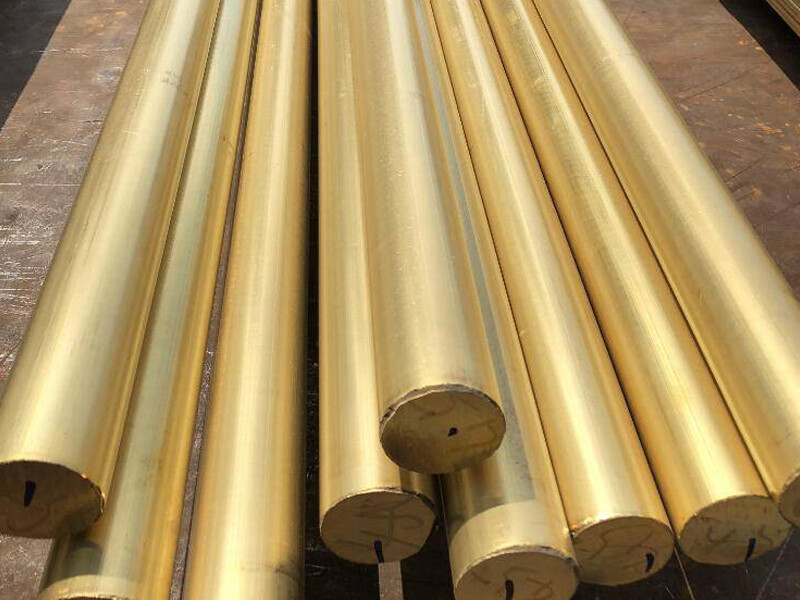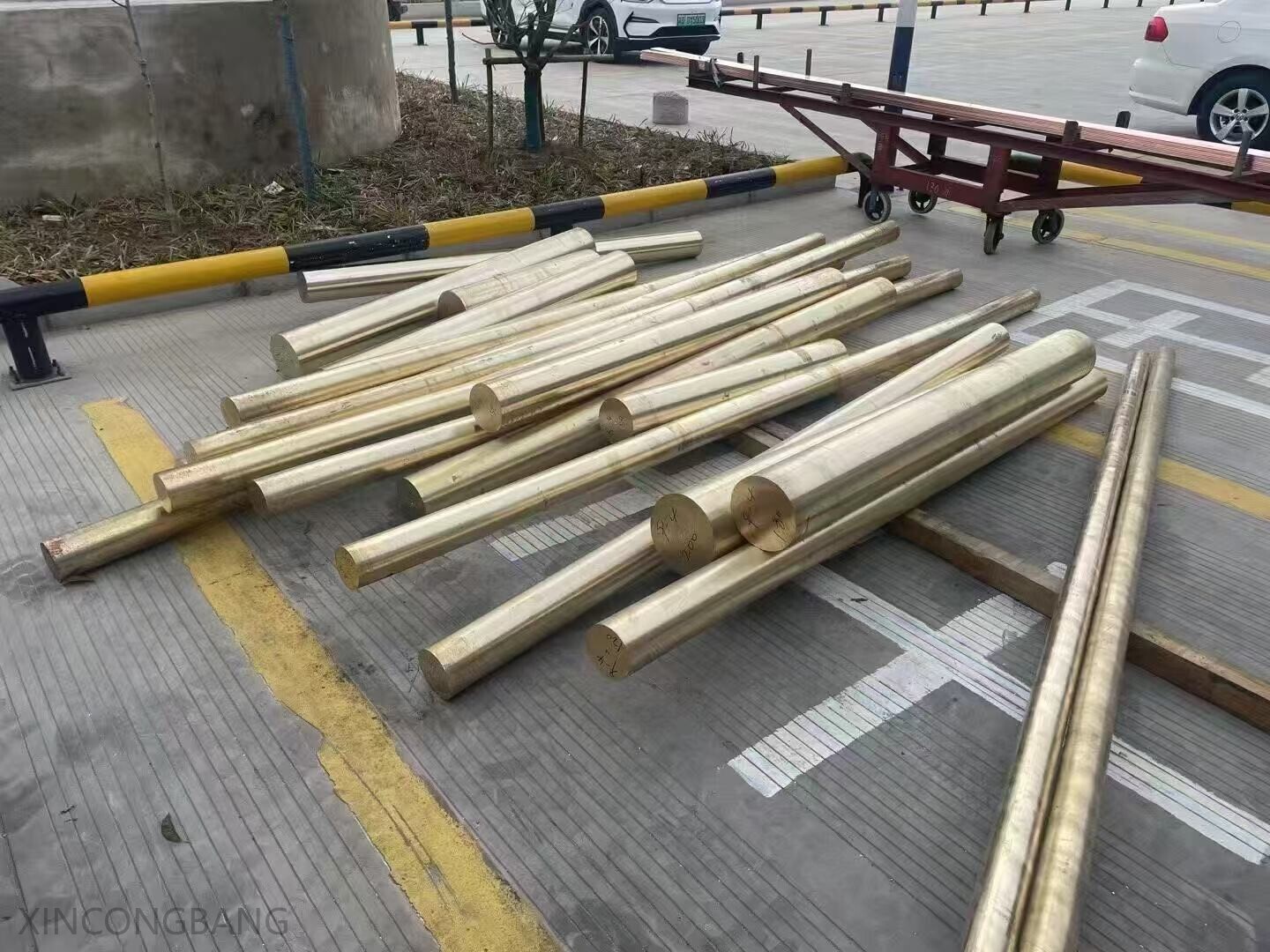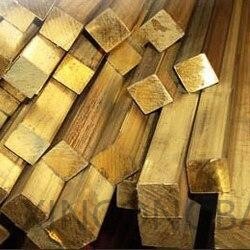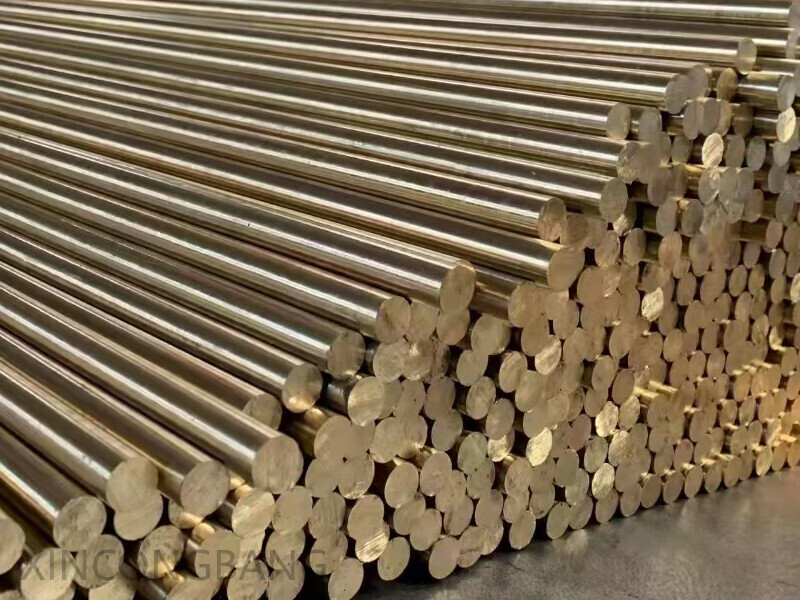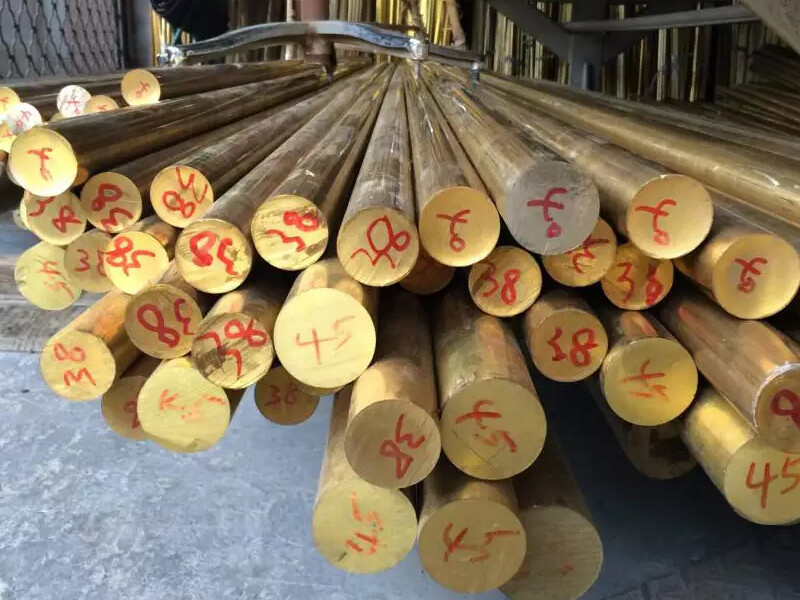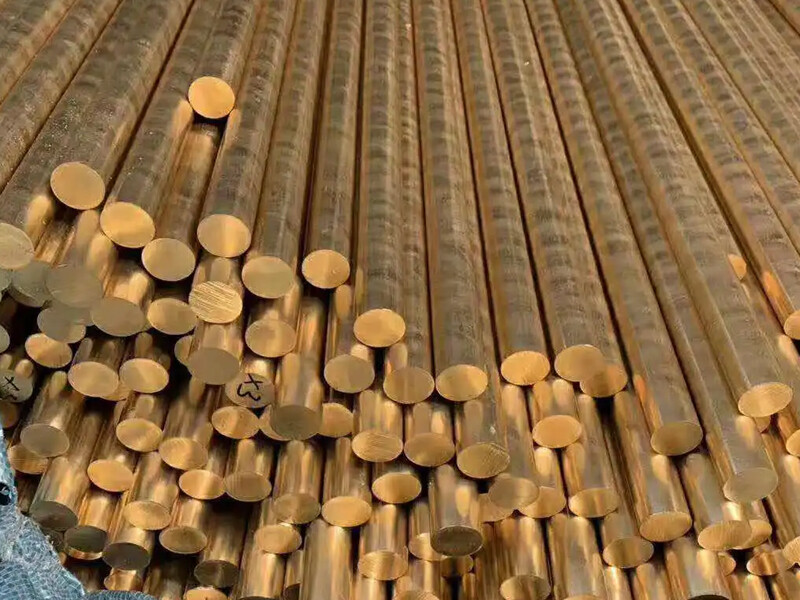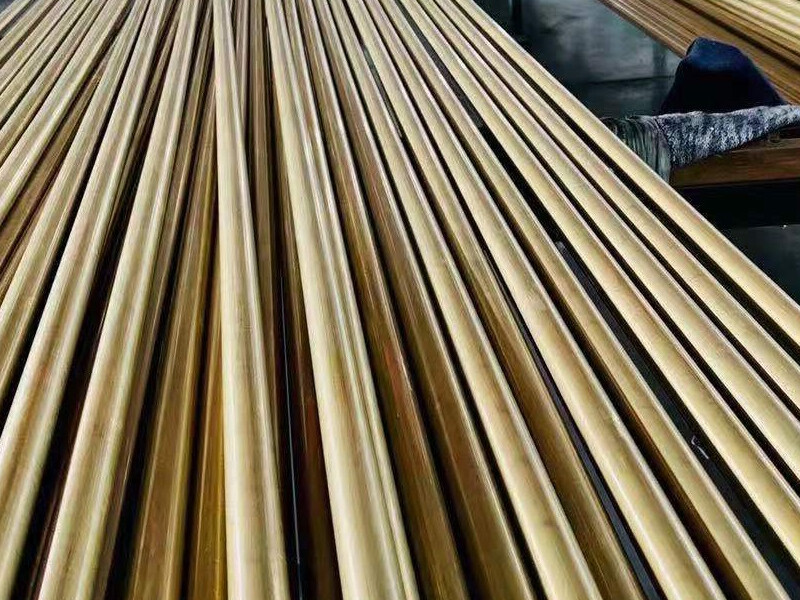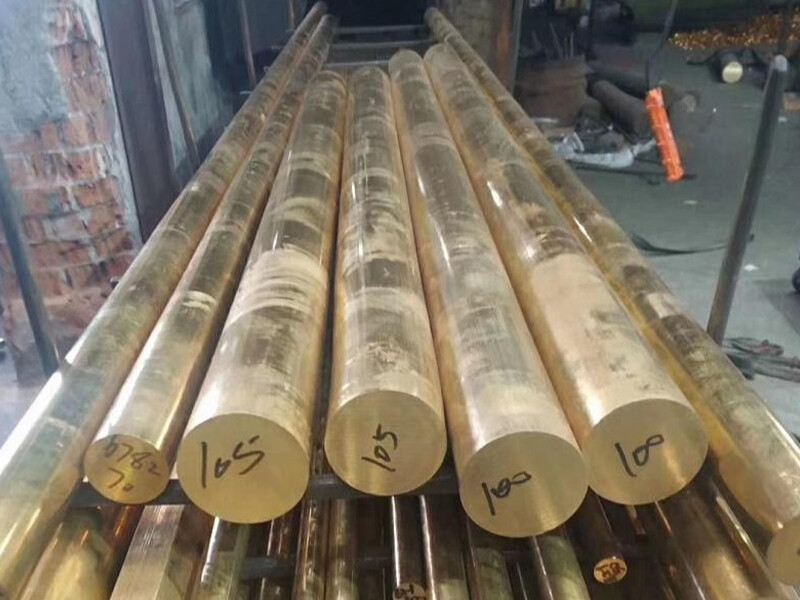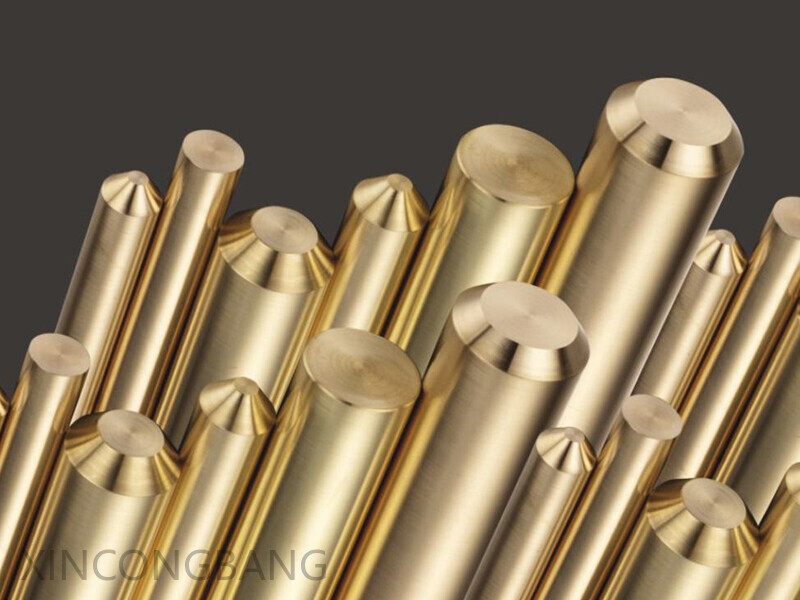C21000 copper rods are typically produced in round bars with standardized and customizable dimensions:
- Diameter Range: 3–300 mm (common sizes: 5–160 mm) .
- Smaller diameters (e.g., 3.2 mm) have tighter tolerances (±10% for <10 mm) .
- Larger diameters (e.g., ≥10 mm) allow ±5% tolerance .
- Length: Standard lengths of 2 m or 6 m, with options for custom-cut sizes .
Surface Finishes: Polished, drawn, or black-patinated states .
International Standards
C21000 complies with the following global standards:

Additional standards include EN 12163 (EU) and GOST Л96 (Russia) for general-purpose copper alloy rods .
Chemical Composition
C21000 is a high-copper brass alloy (also classified as "red brass") with a primary composition of copper (Cu) and zinc (Zn), along with trace elements. The exact chemical limits are standardized under ASTM specifications such as ASTM B36/B36M and ASTM B587. Here is the detailed composition:
Key Points:
- C21000 is distinct from nickel-containing alloys (e.g., [31] incorrectly mention nickel; this appears to be an error, as other ASTM sources confirm it is a Cu-Zn alloy).
The alloy is often referenced as H95 in Chinese standards (GB/T 5231) and CuZn5 in European standards [35](#user-content-ref-22).
Mechanical Properties
C21000 exhibits a combination of high strength, ductility, and excellent cold-working capabilities. Properties vary depending on temper (annealed, cold-rolled, etc.):
Typical Room-Temperature Mechanical Properties
1. Production process
The production process of C21000 copper rod mainly includes the following key steps:
Raw material processing: electrolytic copper, zinc ingots, recycled brass, etc. are used as raw materials, and impurities are removed through radiation detection and manual sorting to ensure purity.
Smelting and refining:
The raw materials are heated to 1100℃ in an electric furnace or an industrial frequency furnace to melt, and slag removers are added under normal pressure to remove impurities. Industrial salt and slag removers are used in the refining stage to improve purity.
Some advanced processes use natural gas and electricity two-stage heating technology to accurately control the temperature.
Forming process:
Traditional melting and casting method: The molten copper liquid is formed by continuous casting or traction machine, and then cooled to form copper rods.
Extrusion method (mainstream process): A large-tonnage reverse extruder (such as 38MN equipment) is used to improve the material density and surface finish through hot extrusion and stretching processes. This process can achieve a processing capacity of nearly 1 ton per ingot and reduce surface damage.
Post-processing: including polishing, annealing, pickling, cutting and other processes. Some processes are combined with automated step-by-step translation production to improve the yield rate.
Environmental protection and recycling: scraps and slag can be recycled, and wastewater is treated by sedimentation, reflecting the efficient use of resources.
2. Product advantages
The core advantages of C21000 copper rods are reflected in material performance and production technology:
Material performance advantages:
Physical properties: density 8.53g/cm³, thermal conductivity 121W/mK, thermal expansion coefficient 1.91×10⁻⁵/K, with both high thermal conductivity and dimensional stability.
Mechanical properties: tensile strength ≥205MPa, elongation ≥35% (δ10) or ≥42% (δ5), excellent wear resistance, suitable for high-strength scenes such as precision instruments and ship parts.
Corrosion resistance: outstanding performance in marine environments, suitable for fields with high corrosion resistance requirements such as cables and heat exchangers.
Process technology advantages:
High precision and density: The extrusion process makes the product have high density (low porosity) and high strength characteristics, and the surface smoothness can reach the precision processing standard.
Environmental protection and high efficiency: Short process production (such as technical transformation projects) reduces energy consumption by 30%, and automated equipment improves efficiency while reducing pollutant emissions.
Processing adaptability: supports cold/hot processing (such as bending, welding, stamping), meets customized needs, and has better processing performance than ordinary brass.
Wide application: Covering machinery manufacturing, marine engineering, bathroom hardware, aerospace and other fields, especially suitable for manufacturing high-end products such as shells and precision parts.
Q1:Do you provide samples? Is it free or extra?
A1:Yes, we can provide samples free of charge and the customer will pay the freight.
Q2:What if I don't have export experience ?
A2:We have reliable forwarder agent which can ship items to you by sea/air/Express to your doorstep. Any way, we will help you choose the most suitable shipping service.
Q3:How long is your lead time?
A3:If it is in stock, it is usually 5-10 days. Or, if there is no inventory, 15 days, depending on the quantity.
Q4:What are your terms of payment?
A4:30% T/T deposit in advance, 70% T/T balance within 5 days after B/L copy, 100%.Irrevocable L/C at sight, 100% Irrevocable L/C after receive B/L 30-120 days, O/A.
Q5:How is your technical support?
A5:We provide lifetime online support through Whatsapp/ Skype/ Wechat/ Email. Any problem after delivery, we will offer you call anytime.
Welcome To Your Inquiry
What can we help you?
RELATED PRODUCTS

